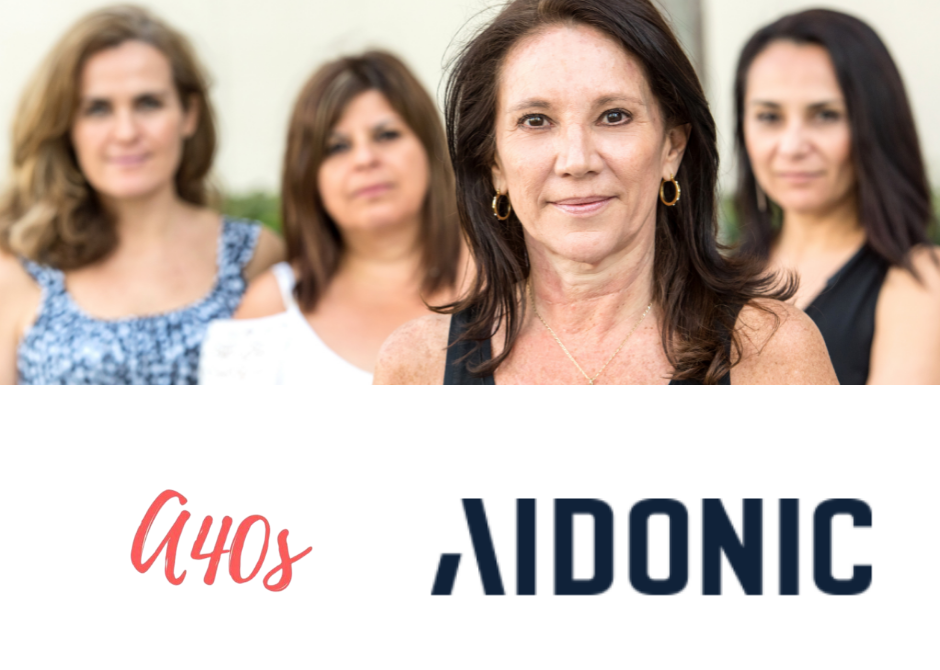
New actions for Non-refundable grants of up to €50,000 are announced for the next period of time as working capital for small and very small businesses facing a sudden lack of liquidity due to the outbreak of the coronavirus.
Yesterday Monday, the European Commission approved the allocation of total funds amounting to 1,5 billion euros to businesses operating in 12 regions of the country. The funds will be allocated to the regions Attica, Central Greece, Crete, Eastern Macedonia-Thrace, Epirus, Ionian Islands, North Aegean, Peloponnese, South Aegean, Thessaly, Western Greece and Western Macedonia, following the model of a similar programme published for the Region of Central Macedonia 150 million budget. euro.
Non-refundable grant per Region
The aid to small and very small businesses, which face a sudden lack of liquidity, will be given in the form of direct grants for working capital as a percentage of the expenses realized by the beneficiaries in 2019. The public funding covers working capital equal to 50% of the company's expenses in 2019. The grant amount will range from €5,000 to €50,000.
The scheme will be open to all micro and small businesses except those operating:
i) in the financial sector,
ii) in the primary production of agricultural products and in the fisheries and aquaculture sector;
iii) in licensing agreements of intellectual property rights for trademarks or brands and trade know-how, and
iv) to offshore companies and legal entities under public law.
The Non-Reimbursable Grant program will be financed with the unused resources of the P.E.P. It will provide that the non-repayable grant covers working capital equal to 50% of the business's expenses in 2019.
The amounts on which the above percentage (50%) will be calculated result from the sum:
- purchases of goods for use
- the markets for raw and use materials
- of the total costs of providing services
- of the total rents paid in the financial year by the enterprise
- total benefits to workers (other than those employed in agricultural biological activities)
- miscellaneous operating expenses
The working capital paid must have been used up within 2021, while there is also expected to be a job preservation clause for the businesses that will be strengthened.
The Temporary Framework lasts until December 31, 2020 and the grant of aid (issuance of accession decisions) must be completed by this date. In order to make it possible to issue similar actions, within the very strict time frame that has been set, immediate actions and sufficient coordination are required.
In this context the General Secretariat for Public Investment and NSRF made a horizontal common notification for the whole country with total budget of Public Expenditure (and not per region) so that it is possible to issue invitations from the Regions that will decide on it, without requiring separate notification for each invitation with the relevant times that the relevant approval from the EU entails.
The invitation that will be communicated will have the flow and conditions of the one already approved by the E.U. invitation of the Region of Central Macedonia while also at State Aid Information System specific procedure and workflows have been implemented, based on the same invitation, which must be strictly adhered to in every upcoming invitation. Therefore, any region that intends to issue a similar call for aid in the form of working capital using the Temporary Support Framework and in order to meet the suffocating time frame, must update immediately and use the Central Macedonia call as a model, sources with knowledge say.
What does the invitation of the Central Macedonia Region provide?
According to the invitation of the Region of Central Macedonia, the basic conditions for a small or very small business to receive the aid are:
- To be active in the respective Region.
- To have started before 1/1/2019.
- In 2019, it employed fewer than 50 workers.
- The sum of the expenses must be equal to or greater than 10,000 euros:
- purchases of goods for use,
- of purchases of A' materials and consumables,
- of the total costs for the provision of services,
- of the total rents paid in the year,
- of all benefits to employees (except those employed in Agricultural-Biological activities) and
- miscellaneous operating expenses.
- By way of derogation, aid may be granted to very small or small enterprises that were already in trouble on 31 December 2019. Provided that they are not subject to collective insolvency proceedings based on and have not received rescue aid (or if they have received rescue aid they have repaid the loan or terminated the guarantee agreement when the aid was granted under this call) or restructuring aid (or have received restructuring aid but are no longer subject to a restructuring plan at the time of the grant of aid under this call).
- As long as it is active in the processing and marketing of agricultural products, to undertake not to transfer the aid received in part or in whole to primary producers and to the obligation that said aid cannot be determined on the basis of the price or quantity of the products purchased by primary producers or placed on the market by the undertakings concerned.
- Not pending against the recovery order of previous illegal and incompatible state aid based on an EU or CJEU decision.
- The total amount of public funding that the beneficiary enterprise will receive from the specific action, aggregated with any other aid it will have received and which may have been granted in the form of direct grants, tax advantages and payment advantages or other forms such as repayable advances , guarantees, loans and equity, provided that the total nominal value cannot exceed the total ceiling of 800,000 euros.




